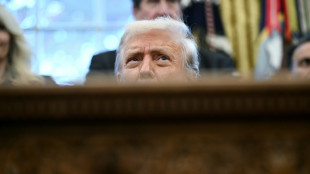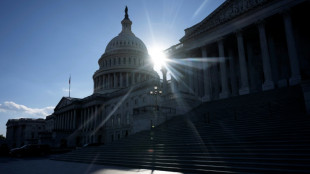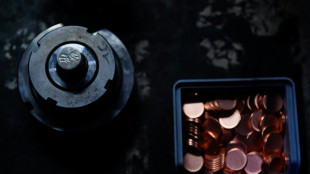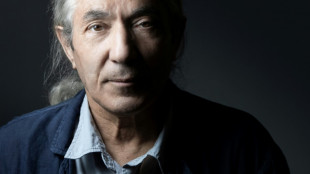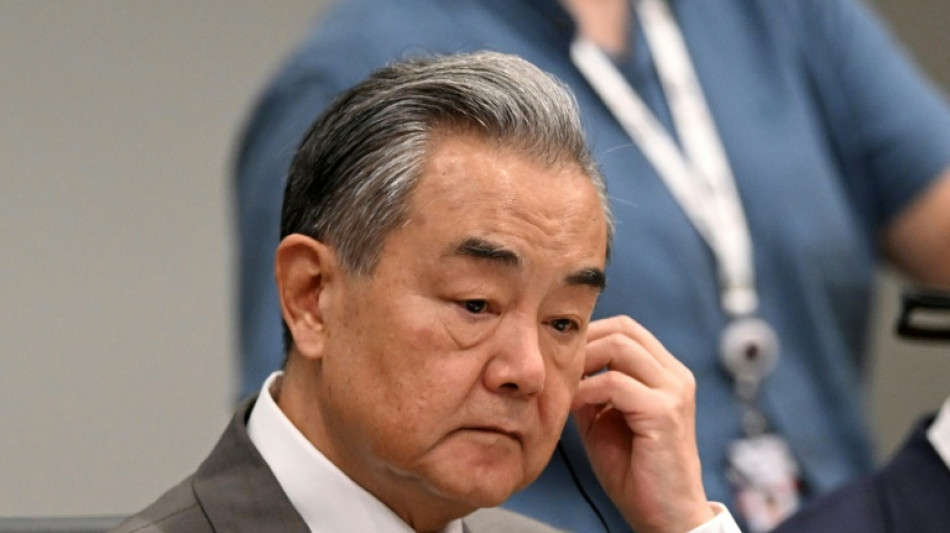

China's top diplomat visits Europe pitching closer ties in 'volatile' world
China's top diplomat heads to Europe on Monday for a visit which Beijing said will highlight ties as an "anchor of stability" in a world in turmoil.
Wang Yi's tour will take him to the European Union's headquarters in Brussels as well as France and Germany as China seeks to improve relations with the bloc as a counterweight to superpower rival the United States.
But deep frictions remain over the economy -- including a yawning trade deficit of $357.1 billion between China and the EU -- and Beijing's close ties with Russia despite Moscow's war in Ukraine.
"The world is undergoing an accelerated evolution of a century-old change, with unilateralism, protectionism and bullying behaviour becoming rampant," Chinese foreign ministry spokesman Guo Jiakun said on Friday -- a thinly veiled swipe against the United States under President Donald Trump.
In that context, Guo said, Beijing and the European bloc must "keep the world peaceful and stable, safeguard multilateralism, free trade, international rules, fairness and justice, and act firmly as anchors of stability and constructive forces in a volatile world".
Wang will meet with his EU counterpart, Kaja Kallas, at the bloc's headquarters in Brussels for "high-level strategic dialogue".
In Germany, he will hold talks with Foreign Minister Johann Wadephul on diplomacy and security -- his first visit since Berlin's new conservative-led government took power in May.
And in France, Wang will meet minister for Europe and foreign affairs Jean-Noel Barrot, who visited China in March.
The war in Ukraine will likely be high on the agenda, with European leaders having been forthright in condemning what they say is Beijing's backing for Moscow.
China has portrayed itself as a neutral party in Russia's more than three-year war with Ukraine.
But Western governments say Beijing's close ties have given Moscow crucial economic and diplomatic support, and they have urged China to do more to press Russia to end the war.
- Trade tensions -
Ties between Europe and China have also strained in recent years as the EU seeks to get tougher on what it says are unfair economic practices by Beijing.
After the European bloc placed tariffs on Chinese electric vehicle imports, China retaliated with its own duties, including on French cognac.
An agreement on cognac has been reached with Beijing but not formally approved by the Chinese commerce ministry, a source in the French economy ministry told AFP.
The source said finalization was partially linked with the EU's ongoing negotiations over EVs.
Tensions flared this month after the EU banned Chinese firms from government medical device purchases worth more than five million euros ($5.8 million), in retaliation for limits Beijing places on access to its own market.
The latest salvo in trade tensions between the 27-nation bloc and China covered a wide range of healthcare supplies, from surgical masks to X-ray machines, that represent a market worth 150 billion euros in the EU.
In response, China accused the European Union of "double standards".
Another sticking point has been rare earths.
Beijing has since April required licences to export these strategic materials from China, which accounts for almost two-thirds of rare earth mining production and 92 percent of global refined output, according to the International Energy Agency.
The metals are used in a wide variety of products, including electric car batteries, and there has been criticism from industries about the way China's licences have been issued.
China has proposed establishing a "green channel" to ease the export of rare earths to the EU, its commerce ministry said this month.
C.López--ECdLR



